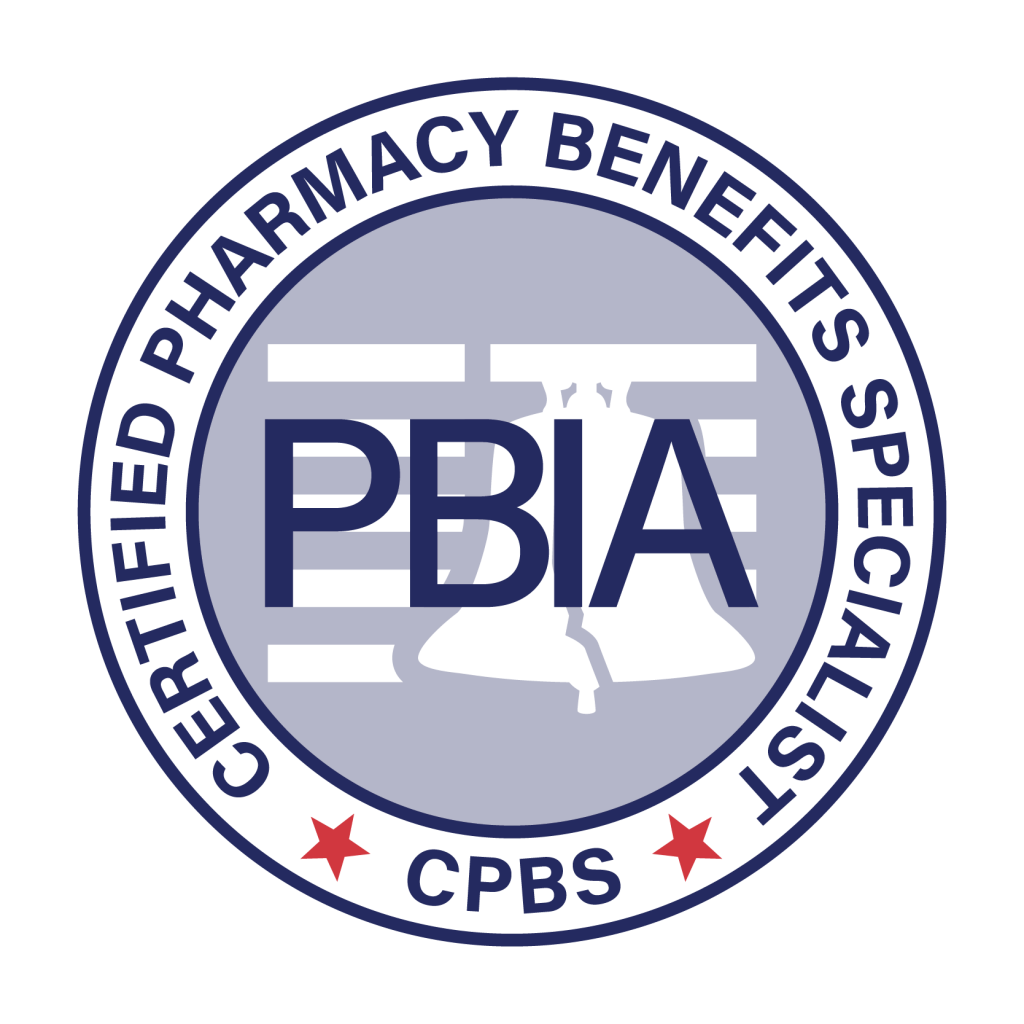Most private businesses that give employees access to healthcare and retirement programs must comply with ERISA. It has been difficult to comply with ERISA fiduciary obligations for group health plans because of the absence of pricing transparency in the pharmacy benefit management sector. However, the new transparency regulations give health plan fiduciaries and other stakeholders broader access to fees and price data so they can better understand these costs. Navigating ERISA compliance for employer-sponsored pharmacy benefits has never been more important.
Health plan fiduciaries and other stakeholders now have access to additional fee and prescription drug price information thanks to the new transparency regulations, making it easier for them to explain these expenses. A number of privately sponsored group health plans are governed by ERISA, which imposes stringent requirements on the behavior of plan fiduciaries. According to ERISA, they must exercise care, skill, diligence, and prudence while acting only in the best interests of plan participants and beneficiaries. This includes paying for the reasonable costs associated with administering the plan.
While both retirement and health and welfare plans are covered by ERISA, retirement plans have historically received more attention due to the substantial rise in class action lawsuits that have resulted in large settlements. Retirement plan fiduciaries have been motivated to develop rigorous plan governance and oversight of service providers.
In-house counsel should be aware of their company’s disclosure requirements and how they affect the fiduciary responsibilities of employer-sponsored group health plans when providing advice to clients. While many of these new transparency requirements may be assigned to third parties, it is still the responsibility of group health plan fiduciaries to supervise fiduciary delegations and assess the reasonableness of group health plan payments. Any service provider who reasonably anticipates receiving $1,000 or more in direct or indirect compensation (adjusted for inflation) for any of the following is subject to the new regulations:
- Brokerage services provided to an ERISA-covered group health plan with respect to the selection of health insurance products (including vision and dental); recordkeeping services; medical management vendor; benefits administration; stop-loss insurance; pharmacy benefit management services; wellness services; employee assistance programs, disease management products and suppliers, compliance services, preferred vendor panels for group purchasing organizations, and third-party administration services is subject to the new regulations.
- Consulting services for plan design or implementation, insurance selection (including dental and vision), recordkeeping, medical management, benefits administration selection, stop-loss insurance, pharmacy benefit management services, wellness design and management services, transparency tools, group purchasing organization agreements and services, involvement in and services from preferred vendor panels, disease management, and compliance service
Navigating ERISA compliance for employer-sponsored pharmacy benefits is complex yet not too difficult. Committees or individuals who oversee employee benefits and manage the group health plan are considered fiduciaries based on the duties they carry out on behalf of the plan. Reading the tea leaves is a leader’s responsibility. To avoid the same fate as retirement plan fiduciaries, health and welfare plan fiduciaries must align themselves with brokers, consultants, TPAs, and PBMs whose interests are fully aligned with their own.

